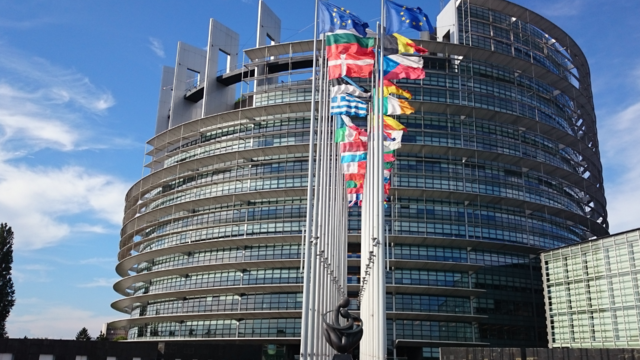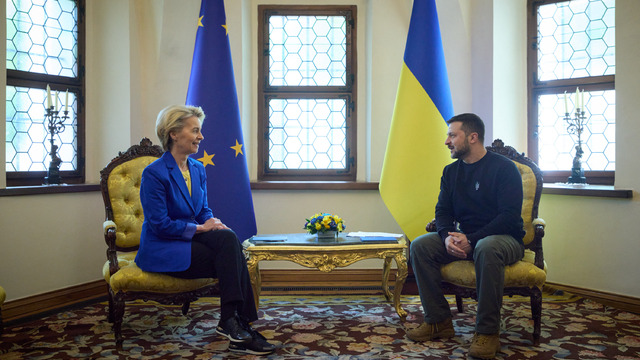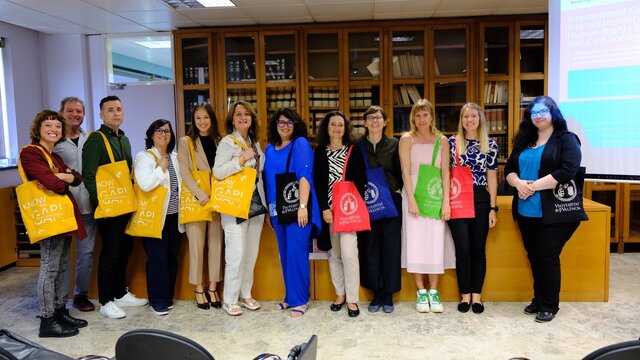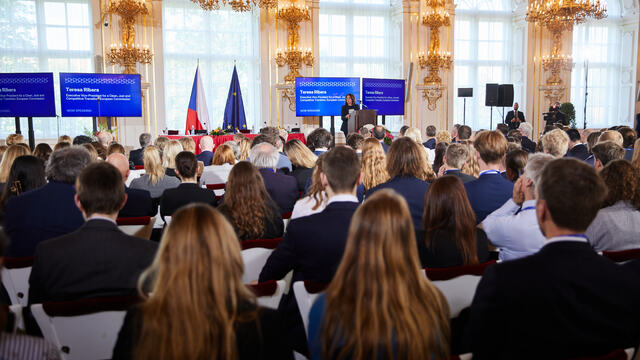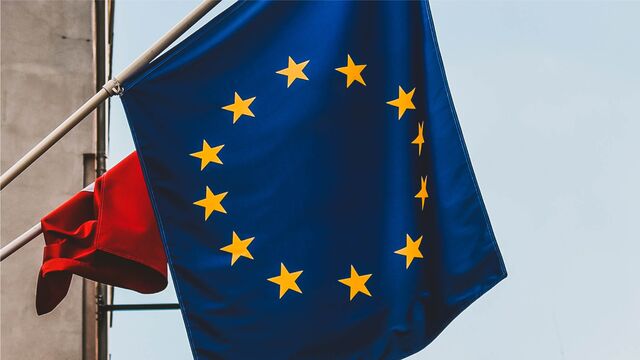Why is society becoming so divided? The ActEU project maps distrust in political institutions and explores ways to foster reconciliation
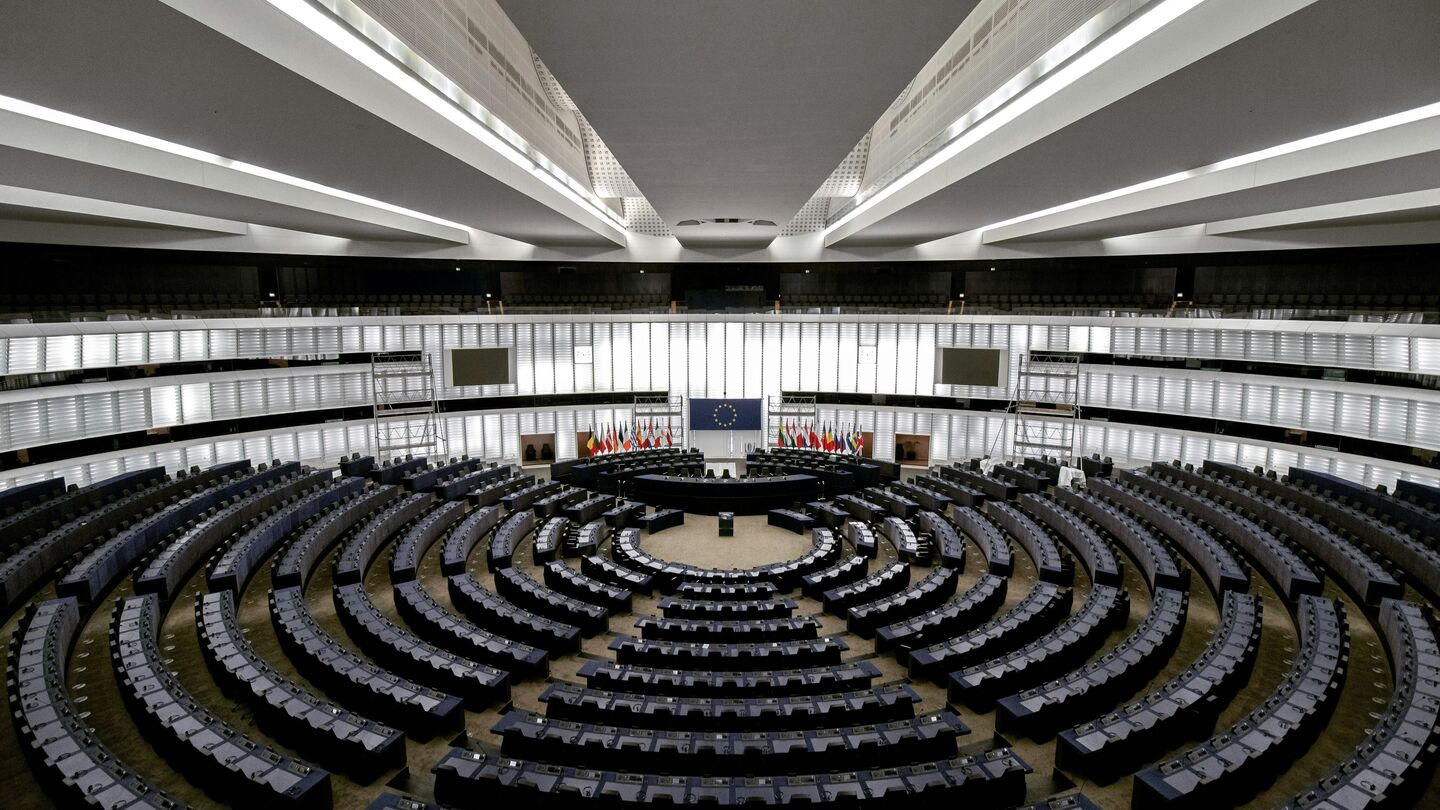
Why is polarization becoming a key issue in today’s societies? What impact does it have on democracy? And what can we do to bridge divides within society? These questions are addressed in a popular science video by IIR researcher Pelin Musil.
The video was produced in cooperation with the TEPSA platform as part of the ActEU project, which has been running since 2023 with the participation of the Institute of International Relations.
“Polarization fuels strongly hostile, sometimes even hateful attitudes toward opposing parties—often over specific issues, and sometimes even over a single topic. These feelings can lead us to perceive the other side as completely illegitimate. People reach a point where they refuse, under any circumstances, to tolerate the other party being in government—or even in parliament. Then they realize there are large groups that support that party and hold the same hostile attitude toward their own,” explains Pelin Musil. Polarization is therefore a major threat to society because it turns social relationships into political conflict. “You stop talking to neighbors, friends, or colleagues simply because of their political affiliation.”
Polarization also undermines the very functioning of democratic institutions. “Imagine that an election is won by a party you deeply oppose. You start questioning not only the legitimacy of the government but also the electoral system itself. You might ask: How is it possible that this system brought such a party to power? You lose trust in the idea of free and fair elections, faith in parliament, and feel misunderstood and frustrated. Polarization pushes people to reject election results and policies they disagree with, creating instability and, in extreme cases, even leading to violence.”
Changing this dynamic is possible if we focus on long-term goals and involve both the political sphere and citizens. Musil refers to numerous studies showing that the path to social reconciliation lies in promoting inclusive political discourse, implementing socio-economic measures addressing grievances across divided groups, and creating participatory mechanisms that allow citizens to engage in decision-making beyond elections. “The impulse must come from citizens—civil society plays a crucial role in maintaining moderate democratic values. Organizing and activating citizens to push for meaningful reforms is essential,” Musil concludes.
ActEU: Exploring distrust and societal polarization
The project, officially titled “Towards a new era of representative democracy – Activating European citizens’ trust in times of crises and polarization”, runs from 2023 to 2026 and focuses on declining trust in political institutions and representative democracy across the EU—both toward national governments and EU bodies. It examines the relationships between citizens’ political attitudes, their political participation, and the representation of their policy preferences.
The goal is to find ways to conceptually define and empirically measure political trust and legitimacy beyond the usual survey question, “How much trust do you have in parliament?” The project seeks to determine whether the multi-level nature of European representative democracies requires consistent citizen support across regional, national, and European levels. It also explores how societies become divided over issues such as immigration, climate change, and gender inequality—and how this polarization threatens trust in democratic systems and their legitimacy. Ultimately, it aims to develop measures that policymakers and civil society can use to address these challenges.
ActEU, involving eleven research institutions led by the Universities of Duisburg-Essen and Saarland, is structured in two phases: The first phase maps and analyzes the decline of trust, legitimacy, and political representation in Europe, with special attention to societal polarization and the EU’s multi-level structure. This phase produced an innovative conceptual framework for understanding these phenomena, including a novel combination of research and data collection methods—both quantitative and qualitative (focus groups, experimental surveys, web scraping). In the second phase, these findings will inform a set of measures designed to strengthen political trust in European representative democracies and their legitimacy.
What has the first phase of ActEU delivered?
The first half of the ActEU project aimed to create a new framework for studying trust, legitimacy, and representation in European politics. To achieve this, an original empirical infrastructure was built, combining various research methods—focus groups, experimental surveys, and web data collection (web scraping). This innovative mix enables a deeper understanding of how citizens perceive political institutions in times of growing polarization.
The research approach is based on the so-called ActEU Triangle, which connects three key areas: institutional trust, questions of legitimacy, and citizen representation. Findings suggest that low trust in democratic institutions is closely linked to broader legitimacy issues and perceptions of how well citizens’ interests are represented in politics.
Focus groups as a source of deeper insight
Discussions with citizens provided valuable insights into declining support for politicians and institutions. The qualitative data collected helps to better understand changes in civic participation, the role of emotions in political perception, and differences among various EU citizen groups in how they view their opportunities to engage in decision-making at different levels of governance. These insights allow for a deeper understanding of aspects of political representation often overlooked in traditional research.
Using data in subsequent research phases
Outputs from focus groups serve as a basis for designing survey questions. These questions then support web data collection and provide context for topics such as migration, gender equality, and climate policy—issues that most sharply divide society today. At the end of this phase, a secondary analysis of available data was conducted to map general trends in trust in European representative democracies. These results form the foundation for further research that will delve deeper into questions of legitimacy and representation in contemporary Europe.

